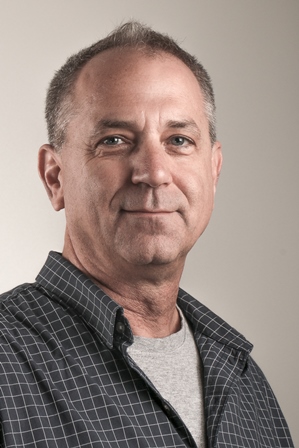 The Jacob Blaustein Institutes for Desert Research (BIDR) were established in Midreshet Ben-Gurion in 1974, following a 1972 council recommendation for higher education and a 1973 decision of the Israeli government. In 1974, Ben-Gurion University (BGU) nominated Prof. Amos Richmond to be the founder and first director of the institute. In 1980, The Jacob and Hilda Blaustein Foundation made a generous contribution to BGU, and the institutes were named The Jacob Blaustein Institutes for Desert Research (BIDR). Under the BIDR umbrella, three research institutes are operated: The French Associates Institute for Agriculture and Biotechnology of Drylands (FAAB), The Zuckerberg Institute for Water Research (ZIWR), and The Swiss Institute for Dryland Environmental & Energy Research (SIDEER).
The Jacob Blaustein Institutes for Desert Research (BIDR) were established in Midreshet Ben-Gurion in 1974, following a 1972 council recommendation for higher education and a 1973 decision of the Israeli government. In 1974, Ben-Gurion University (BGU) nominated Prof. Amos Richmond to be the founder and first director of the institute. In 1980, The Jacob and Hilda Blaustein Foundation made a generous contribution to BGU, and the institutes were named The Jacob Blaustein Institutes for Desert Research (BIDR). Under the BIDR umbrella, three research institutes are operated: The French Associates Institute for Agriculture and Biotechnology of Drylands (FAAB), The Zuckerberg Institute for Water Research (ZIWR), and The Swiss Institute for Dryland Environmental & Energy Research (SIDEER).
Also, the Albert Katz International School for Desert Studies is home to our graduate students, who come from 20 different countries. It offers M.Sc./M.A. and Ph.D. study programs in Desert Studies, Ecology, Conservation and Management, and Hydrology and Water Quality.
The Blaustein Center for Scientific Cooperation (BCSC) promotes exchange programs, postdoctoral training, workshops, and joint research programs with other academic institutions worldwide.
A balanced professional blend of 90 scientists, 60 technical and administrative staff members, and over 220 Israeli and foreign research (graduate) students can perform basic and applied research related to the future and sustainability of our globe in times of enhanced natural and artificial changes. Our fields of study include water, energy, environmental physics, ecology, biotechnology, and agriculture.
Our diverse multidisciplinary research and advanced teaching activities are conducted in the laboratories, classes, and other facilities on the Sde-Boker Campus and in research stations and field research sites scattered over the Negev Desert.
The BIDR aims to research the desert environment, which is required to promote sustainable uses of the Negev Desert and other drylands worldwide.
Deserts and other drylands constitute more than 40% of the global land. Global environmental changes such as global warming and further desertification of drylands threaten 1,300 million people in more than 100 countries. Nevertheless, our activities are not limited to drylands only. Our researchers deal with various water, energy, food, and ecological problems under different environmental conditions.
Besides the traditional structure of research groups operating in the framework of departments, the institutes conduct the 'Albert Katz International School for Desert Studies.' The school is responsible for all training and teaching activities at the Institutes and offers M.Sc./M.A. and Ph.D. study programs in 'Desert Studies.' For more details, see the school website
Prof. Noam Weisbrod
BIDR Dean & Sde Boker Campus Director